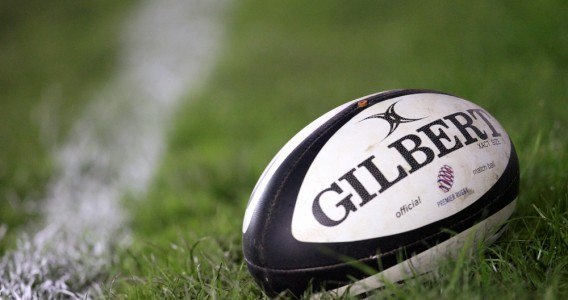
school of sport:with TIM MIDDLETON
There have been numerous controversies in sport over the years, a number of which surround the apparent desperate need by a player or team to prevent a particular opponent from winning. In 1994 the skating world was drawn into a massive storm when one of the world’s top skaters, Nancy Kerrigan, was brutally attacked shortly before the Olympics by an accomplice at the instigation of the ex-husband of her main rival, Tonya Harding. Questions were asked whether Tonya Harding knew about the attack. The following year is remembered fondly by all in South Africa when the Rainbow Nation, inspired by President Mandela, went on to defeat New Zealand to win the Rugby World Cup in an absorbing final, though there have been many suggestions over the years, not least corroborated by Mandela’s own bodyguard, Rory Steyn, that the All Blacks team was deliberately poisoned on the Thursday before the final against the Springboks — though it should be added that the suggestion was that it was arranged not by the Springboks, but by betting syndicates.
Formula One Motor racing has also had a number of contentious issues. In 1994, the Australian Grand Prix was the final event of the season and saw Michael Schumacher leading Damon Hill by one solitary point. Halfway through the race, the two drivers collided when Hill tried to overtake Schumacher, which resulted in Schumacher being forced out of the race immediately and Hill later having to retire from the race. Schumacher always maintained it was an accident, but suspicions remained that it had been done deliberately, as a means of ensuring he would win the title if he could prevent his rival from finishing. Similar accusations also emerged in 2008 when the Renault team are alleged to have ordered one of its drivers, Nelson Piquet, to crash during the Singapore Grand Prix in order to prevent the other drivers from beating his team-mate Fernando Alonso. In 2014 the Mercedes driver Lewis Hamilton accused his team-mate and rival for the title, Nico Rosberg, of deliberately crashing into him ‘to prove a point’ at the Belgian Grand Prix. A similar accusation was made by Hamilton in 2018 when he described “interesting tactics from that side” after two crashes in three Grand Prix events were caused by Ferrari drivers on Mercedes’ drivers.
Different former Formula 1 drivers have taken varying views of such events. Sir Jackie Stewart is said to have claimed that, “there is something fundamentally rotten and wrong at the heart of Formula One,” though Eddie Irvine is said to have simply argued that “Formula 1 has always been a war and in war all is fair.
When I was in various teams you would do anything to win. Back in the day it was normal… In days past every team has done whatever they could to win — cheat, bend the rules, break the rules, sabotage opponents.” Such is the attitude of many competitors — do what is necessary, including sabotaging opponents. In other words, we see competition not simply as surviving, but as depriving. We take the attitude that if we cannot win we will do whatever we have to do in order for our opponent not to win. For some it is not enough to survive; we must deprive.
Sadly, such behaviour is not simply confined to professional sport. We have seen children in school rugby deliberately ‘take out’ the strongest member of the opposition, off the ball, no doubt with the coach’s blessing, simply to ensure that the opposition cannot compete. To add to the ignominy, the attending spectators (pupils and players) applaud the player who has been sent off for the foul, as the advantage has been gained. Elsewhere supporters of one school will get strongly behind another school’s team in a desperate attempt to make their rivals lose against that school. Ultimately it would no doubt lead us to speak negatively of another applicant in a job interview, so that person does not get the job, even if we do not get the job. That seems to be what competition teaches.
However, competition must not be about depriving. Jaggi Vasudev, known as Sadhguru, an Indian yogi, and author, perhaps best summed it up during a question-and-answer session at the London School of Economics when asked “Is Too Much Competition Taking a Toll?” He declared that, “Being better than somebody else, if it’s a pleasure for you, you enjoy other people’s failures. I call that sickness, it’s not success”. Competition can help us greatly, surely, but to the extent that our pleasure is found in our achievement and not in others’ misfortune — the latter is poisoning. And by the way, sport is not war — anyone who thinks it is, is sick.
l Tim Middleton is a former international hockey player and headmaster, currently serving as the Executive Director of the Association of Trust Schools (ATS) Email: [email protected]











